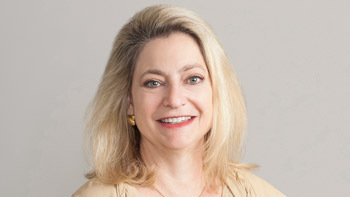 Has the REIT message been broadly absorbed by investors?
Has the REIT message been broadly absorbed by investors?
There’s a new individual investor born every day, so the education never stops. I do think that financial planners and institutions have been thoroughly educated, so compared to when I got into the business in 1986, we have come an awfully long way. I still think there’s probably a lot of people who are way too enamored with investing in the hard asset as opposed to the liquid asset. All in all, we’ve made a lot of progress.
Is it helpful to think in terms of real estate cycles?
Most average investors really need to think long term. That being said, we need to be able to dissect between secular and cyclical stories. Only history and time will tell if real estate cycles have actually been dampened by the information that’s disseminated by the internet as well as the public markets. The smaller cycles just add further support for not trying to play the trade.
Do you see an increased role for women at the board level of REITs?
Unless boards actively seek out women and make it a requirement, it’s not going to happen. Boards need to do a better and more effective job of creating diversity—not just of gender, but diversity of thought, experience, skill sets and age. If they don’t, they are going to be forced into having what’s known as board refreshment. Institutional Shareholder Services (ISS) and others will insist on a situation where boards have more frequent turnover.
What are some of the key skills you want to see your students master?
Our students need to understand that along with traditional problem solving and analysis methods, leaders need to combine an openness to diversity across cultures and markets.
The first thing I want my students to understand is that by doing right, you are doing well. The second thing is communication. At the end of the day, if I produce young people who are ethically minded and can communicate well, the rest of it will take care of itself.
Cydney Donnell is the director of real estate programs and associate department head at the Mays Business School of Texas A&M University.